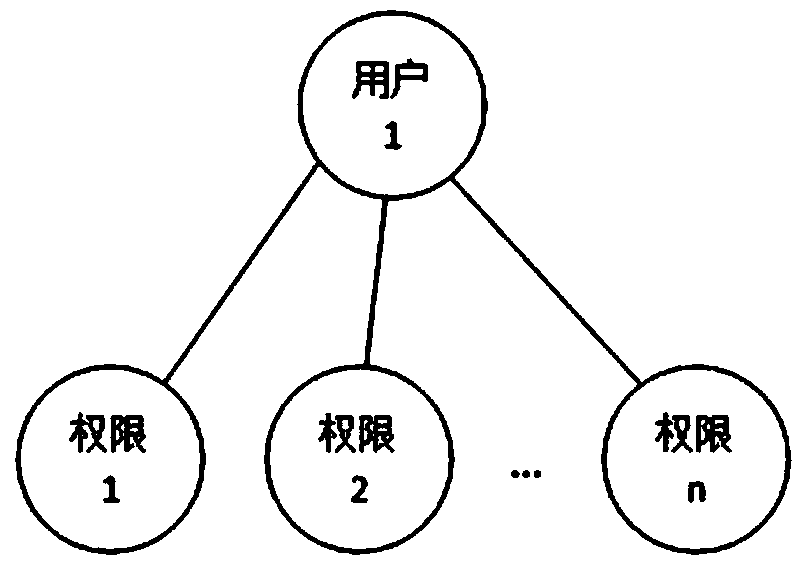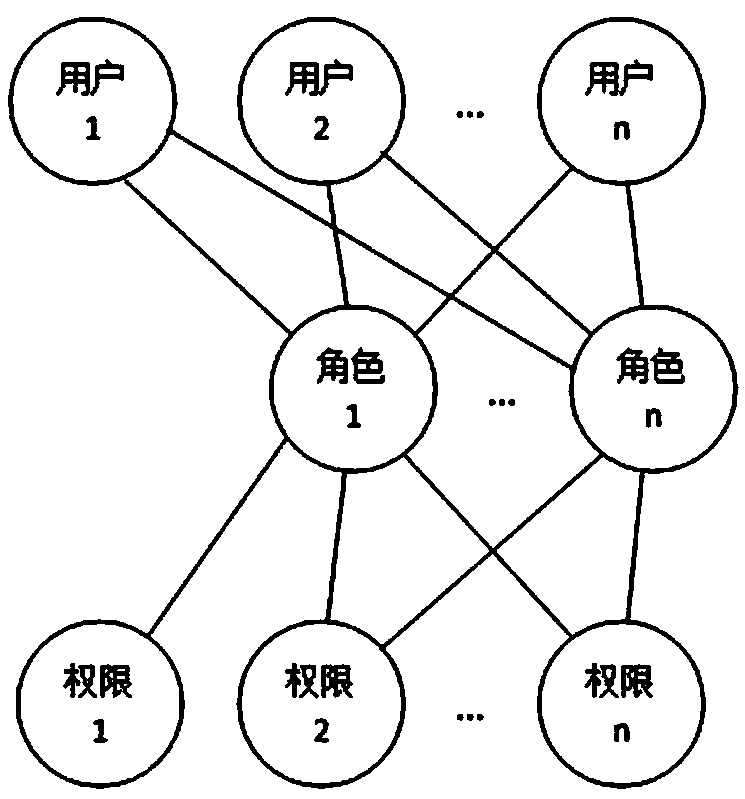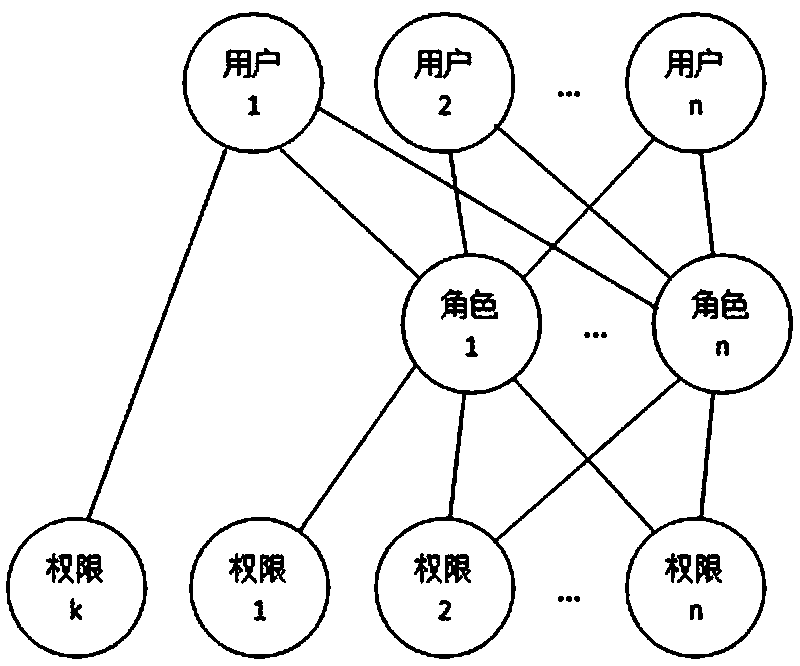System task dispatching method
A technology for dispatchers and employees, applied in the field of dispatching management software systems, it can solve problems such as affecting task execution, increasing internal friction, and prone to errors, and achieves the effects of convenient and fast operation, reduced workload, and convenient use.
- Summary
- Abstract
- Description
- Claims
- Application Information
AI Technical Summary
Problems solved by technology
Method used
Image
Examples
Embodiment 1
[0049] [Example 1] such as Figure 5 As shown, a system dispatching method includes a step of determining the dispatched task, a step of determining the dispatched object and a dispatching step; S1: the step of determining the dispatched task: determining the task that needs to be dispatched Task, the task can be the content filled in manually, or the specified form data or the content brought out by the specified form data (such as dispatching a worker to process a copy, dispatching a worker to process a complaint, specifying to process an installation request etc.), or a combination of the three; tasks include: production tasks, sales tasks, logistics tasks, after-sales tasks and other tasks that need to be dispatched.
[0050] S2: The step of determining the object to be dispatched: determine the object to be dispatched, and the object is a role, such as Figure 4 As shown, the role is an independent individual, not a group / class. A role can only be associated with a uniqu...
Embodiment 2
[0055] [Example 2] such as Figure 5 As shown, a system dispatching method includes a step of determining the dispatched task, a step of determining the dispatched object, and a dispatching step; SS1: the step of determining the dispatched object: determining the dispatched object , the object is a role, the role is an independent individual, not a group / class, a role can only be associated with a unique user at the same time, and a user is associated with one or more roles; SS2: determine the assigned task Step: determine the task that needs to be dispatched; SS3: dispatching step: the dispatcher assigns the task that needs to be dispatched to the dispatched role, and the employee corresponding to the user associated with the dispatched role obtains the dispatched task. A dispatcher can be a role, a user, or a person.
[0056]If the user needs to transfer posts across departments, there is also a user cross-department transfer management step, including: (1) cancel the assoc...
Embodiment 3
[0060] [Example 3] such as Figure 5 As shown, a system dispatching method includes a step of determining the dispatched task, a step of determining the dispatched object and a dispatching step; S1: the step of determining the dispatched task: determining the task that needs to be dispatched Task; S2: The step of determining the assigned object: determine the assigned object, the object is a role, and the role is an independent individual, not a group / class. A role can only be associated with a unique user at the same time. A user is associated with one or more roles; S3: dispatching step: assign tasks that need to be dispatched to the dispatched role, and the employees corresponding to the users associated with the dispatched role get the dispatched tasks. The time assigned by the dispatcher is a time period, not an exact time point, as long as it is completed within this time period, it is considered normal completion.
[0061] It also includes a step of returning the task,...
PUM
 Login to View More
Login to View More Abstract
Description
Claims
Application Information
 Login to View More
Login to View More - R&D
- Intellectual Property
- Life Sciences
- Materials
- Tech Scout
- Unparalleled Data Quality
- Higher Quality Content
- 60% Fewer Hallucinations
Browse by: Latest US Patents, China's latest patents, Technical Efficacy Thesaurus, Application Domain, Technology Topic, Popular Technical Reports.
© 2025 PatSnap. All rights reserved.Legal|Privacy policy|Modern Slavery Act Transparency Statement|Sitemap|About US| Contact US: help@patsnap.com



